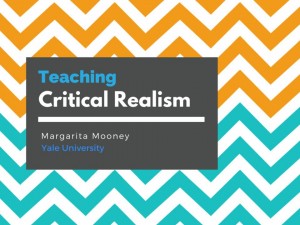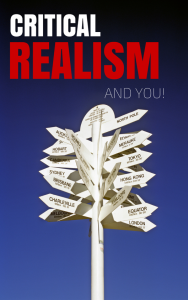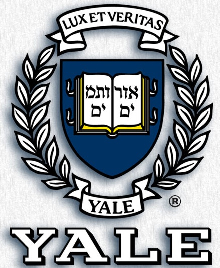 How can Yale undergraduates learn and apply principles from positive psychology and positive sociology? More than 20 students jointed the Calhoun Happiness Project which I started in one of Yale’s 12 residential colleges, Calhoun College. The group gained so much interest so fast that the Yale Herald published an article raving about the group, calling it a “Lyceum here in New Haven.”
How can Yale undergraduates learn and apply principles from positive psychology and positive sociology? More than 20 students jointed the Calhoun Happiness Project which I started in one of Yale’s 12 residential colleges, Calhoun College. The group gained so much interest so fast that the Yale Herald published an article raving about the group, calling it a “Lyceum here in New Haven.”
I read the amazing resources Gretchen Rubin has posted on her blog about happiness, and defined the goals of the Calhoun Happiness Project as having 3 components: Reading, Resolutions, and Relationships.
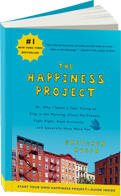 1) Reading Rubin’s book The Happiness Project;
1) Reading Rubin’s book The Happiness Project;
2) Making Resolutions to improve your happiness during our 4 fall semester meetings;
3) Building Relationships with others by discussing how you are doing in your happiness project and learning about others’ journeys to authentic well-being.
I provide snacks for the meetings and offer both intellectual and personal reflections on what authentic well-being is and what we can do to improve it. Students created a Calhoun Happiness Project Facebook group where we can share our progress on our resolutions and encourage each other. I hope to teach a semester-long class on “The Happy Society” here at Yale, and students in The Calhoun Happiness Project are already giving me some ideas about where to focus that class.We will finish off the semester by watching a movie on happiness in the Calhoun common areas and invite other Yalies to come join us and reflect on what we learned this semester.

At our inaugural meeting in early September 2013, 20 students packed into my faculty resident fellow suite in Calhoun to learn about the project and make their own happiness resolutions, such as sleeping 8 hours a night, putting down their cell phones and talking to people face-to-face more, writing a daily gratitude journal, and many more. To keep ourselves accountable, students picked a “buddy” who will text them daily to remind them of their resolutions. What surprised me was that students wanted to pick a “buddy” who was a stranger, not a friend they already had. Their reasoning was that one of the objectives of the Calhoun Happiness Project at Yale was to make a new friend. I got paired up with an 18-year old Yale freshmen from Michigan who now sends me cheerful texts every day reminding me to exercise and write in my gratitude journal. I remind her to get enough sleep and practice the viola. I’m thrilled with my happiness buddy!
At our second meeting, I first lectured for about 15 minutes on the question: “How Did Aristotle Understand Happiness?” The Yale Herald article beautifully captures both the ethos and content of the meeting. To my delight, attendance did not drop off like I had feared. I now regularly hear students around Calhoun College at Yale talking about their own “happiness projects” and several students have asked to meet with me one-on-one to find out how to study and live positive psychology and positive sociology more. I was pleased to see upperclassmen connecting with freshmen during our meetings, such as by discussing classes on philosophy and cognitive science that address happiness, and informing each other about student groups that promote elements of happiness, such as a Yale student group dedicated to meditation.
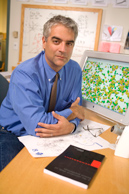
The students have taught me thus far that they joined the Calhoun Happiness Project at Yale because as achievement-oriented Yale students, they know there is more to life than good grades and accolades, but they are not sure how to best use their free time to build strong relationships and foster authentic well-being. As I mentioned, the students are also teaching me about the numerous resources on campus dedicated to promoting well-being. As a sociologist, I know that good resources often go unused unless social groups inform people about those resources and also motivate people to invest the time and energy needed to take advantage of those resources. As Yale sociology professor Nicholas Christakis recently told me, we have had more improvements in health outcomes due to changes in social behavior–namely reducing smoking and improving diet–than by all our advances in understanding the genetic basis of our health. As Professor Christakis’s work shows, just as people are always in relationship to other people, our social behaviors profoundly influence our health behaviors. Similarly, authentic well-being is not an individual pursuit, it is a collective pursuit.
Why not start your own happiness project with a friend or a group? You will benefit yourself, those closest to you, and those you interact with even in casual ways.
Stay tuned for developments of the Calhoun Happiness Project at Yale. I can assure you I have exercised more than I ever would have without my happiness buddy, and I have a very long gratitude journal, in part thanks to her daily reminders.



